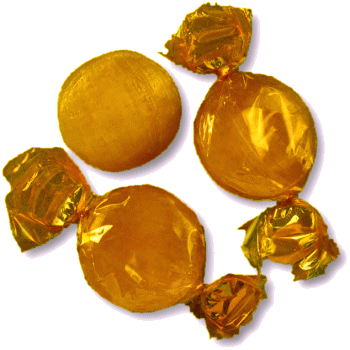




WELCOME TO An Entertainment Site for Scottish Country Dancers - Enjoy the curated selection of theme-related dances for celebrations and holidays, or find a dance associated with a special calendar day, or EVEN your own birthday!
Father's Day
Jun 16
Other Scottish Country Dances for this Day
Today's Musings, History & Folklore
"🎶 The deuks dang ower my daddie, O,
The deuks dang ower my daddie, O,
The green sward was a' my bed,
The clover was my pillow, O
My daddie he's the best man
That ever lived in this country
But the ducks they dang him over
And left him in a quandary."
~ Traditional, Robert Burns
Don't let those darn ducks knock over your daddy! Especially on Father's Day! "The Deuks Dang Ower My Daddie" is a traditional Scottish song with origins tracing back to the 18th century. It was popularized by poet Robert Burns, who included it in his collections. This 40 bar jig along with its namesake tune will keep you moving fast enough to avoid all ducks! Happy Father's Day! 💚 💛 🤎 🦆 🦆 🦆
The Deuks Dang Ower My Daddie
The idea of celebrating fathers can be traced to the Middle Ages, when the Catholic Church in Europe observed the Feast of St. Joseph on March 19th, honoring the earthly father of Jesus Christ. This tradition of venerating St. Joseph spread to Latin America and other parts of the world where Catholicism was prevalent.
The modern version of Father's Day in the United States began in the early 20th century. The push for a national day to honor fathers followed the establishment of Mother's Day. While Mother's Day was officially recognized in 1914, the path to recognizing Father's Day was more gradual and faced some resistance.
The most widely recognized pioneer of Father's Day in the United States is Sonora Smart Dodd. Inspired by the establishment of Mother's Day, Dodd sought to create a day to honor her father, William Jackson Smart, a Civil War veteran and a single parent who raised six children by himself. In 1909, Dodd proposed the idea to her local church in Spokane, Washington. The first Father's Day celebration took place on June 19, 1910, in Spokane, with widespread support from the community.
Despite the initial success in Spokane, Father's Day did not immediately gain national recognition. The movement to establish Father's Day faced challenges, partly due to cultural norms and commercial interests. Some critics viewed the holiday as an attempt to replicate the commercial success of Mother's Day, while others believed that fathers did not need a special day for recognition.
Efforts to make Father's Day a national holiday continued throughout the early to mid-20th century. In 1916, President Woodrow Wilson honored the day by using telegraph signals to unfurl a flag in Spokane, signaling his support. However, it wasn't until 1924 that President Calvin Coolidge recommended that the day be observed across the nation, though no official proclamation was made.
During the Great Depression, there was resistance to the commercialization of holidays, including Father's Day. However, the holiday gradually gained acceptance, bolstered by the support of various organizations and public figures.
The push for official recognition of Father's Day continued into the 1960s. In 1966, President Lyndon B. Johnson issued the first presidential proclamation designating the third Sunday in June as Father's Day. Finally, in 1972, President Richard Nixon signed into law a permanent national observance of Father's Day on the third Sunday in June.
Father's Day is now celebrated in many countries around the world, although the dates and traditions vary. In the United Kingdom, Canada, and India, for example, Father's Day is celebrated on the same day as in the United States. In Australia and New Zealand, it is observed on the first Sunday in September. In some countries, Father's Day aligns with St. Joseph's Day or other culturally significant dates.
For more on this traditional song, click the ducks!
Click the dance cribs or description below to link to a printable version of the dance!




